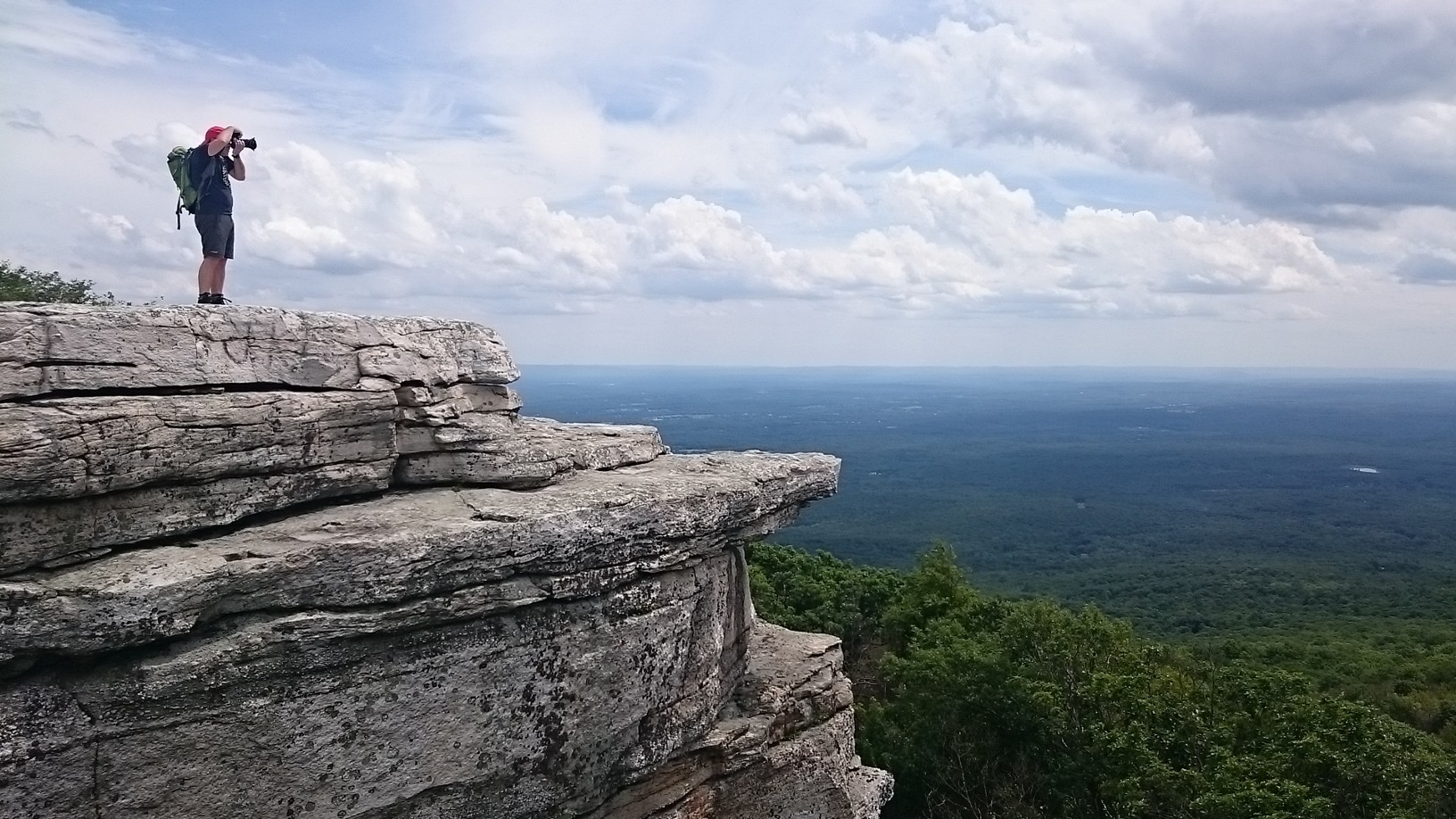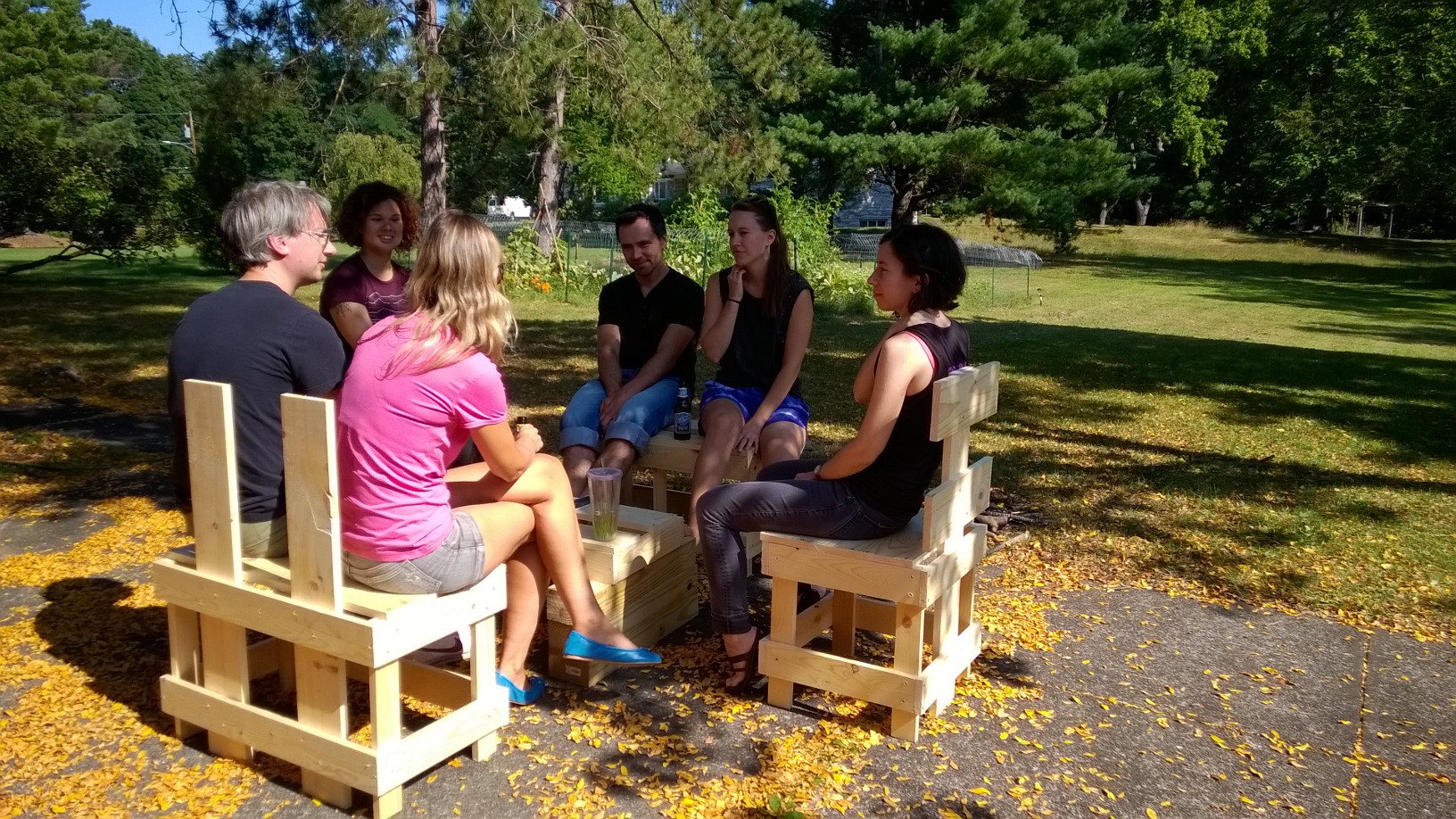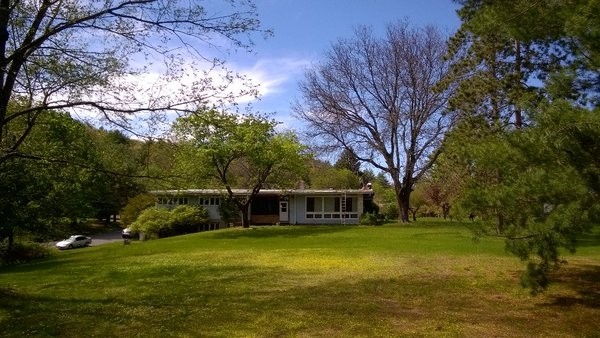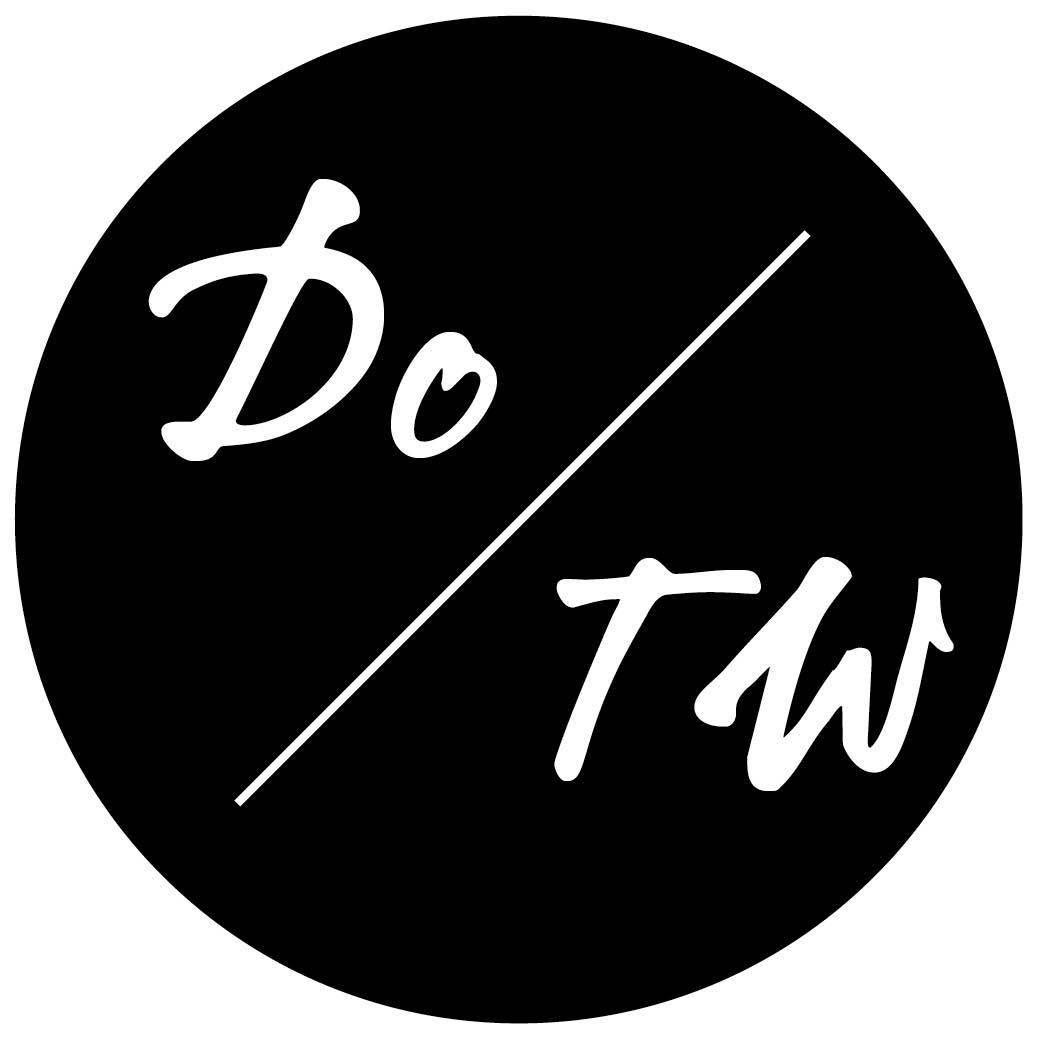
A Weekend Travel Writing Retreat in the Catskill Mountains of New York
From the evening of Friday, November 11 through the afternoon of Sunday, November 13 a small group of travel writers is going on a wild ride in a private mountain retreat center just 1.5 hours outside of New York City.
In one intense weekend, they will learn everything there is to know about pitching travel magazines and put together 25 polished pitches ready to send to editors on Monday morning.
The workshop includes nine modules, each with multiple exercises to make sure you put what you’re learning into action and walk out of the workshop with pitches ready to send to travel magazine editors. Attendees also get:
- A signed, print copy of The Six-Figure Travel Writing Road Map…plus you’ll skip the shipping. We’ve already paid that for you ($25 value).
- 6 months of full access to the Travel Magazine Database, with breakdowns of hundreds of travel magazines that spell out which sections of each magazine are open to freelancers, how to pitch them, and the direct emails for the editors you need to reach $100 value).
- Two private coaching sessions with Gabi to polish your ideas and pitches and plan for your travel writing success after the retreat ($250 value).
- Wholesome, organic meals and snacks throughout the retreat.
- The opportunity to stay on at the retreat center the following week as many days as you’d like to continue working on your pitches in a focused writing space.
Pitching regularly is the main thing that separates well-paid professional travel writers from people who can’t figure out how to earn more than $20 or $50 for their writing.
When I started as a travel writer, no one was blogging or writing or lecturing about how to make a good sustainable living in this profession. So I started a blog and wrote articles I didn’t care about for $20 because that was how everyone said you had to start travel writing.
But it’s not.
With the experience you have–both as a writer and traveler–you can get well-paid travel writing work right now. There’s no need to spend years proving yourself or working your way up some invisible ladder everyone is insisting you must climb. You can just jump to the next level.
Participants in my workshops have not just gone on to get travel magazine assignments…I’ve had people get assignments the very next day.
And you can too.
I know, not just because my students have done it, but because I’ve done it myself.
One day, after writing for these $20-an-article website, I decided that I was embarrassed to have a portfolio full of those articles and wanted to have better articles under my belt. So I read and read and read about how to pitch and what editors do and don’t want. Not in the travel sector, because no one was writing about that, but in journalism and freelance writing more generally.
There was a lot of conflicting information to wade through, but I finally felt like I had a handle on the situation and started pitching article ideas to magazines. And not only did I get assignments right away (including one from a national, newsstand magazine for $2,000!), but when I look back now at the pitches I sent that year, most of the pitches I didn’t hear back from right away ended up turning into articles later.
But whenever I tell people that the key to having the travel article assignments of their dreams is to pitch, they sort of smile and nod and NEVER DO IT.
Why Most People Don’t Become Travel Writers
They just keep applying for poorly-paid travel writing gigs they find on job boards. Because they believe three things:
- Pitching is hard
- Editors won’t be interested in their ideas anyway
- They don’t even know who to pitch
Thankfully, the reality of the situation is that:
- Pitching is 100% formulaic, and we will teach you that formula.
- There is an easy way to let the magazine you’d like to write for come up with ideas for you, and we’ll teach you that too.
- There is an entire database of hundreds of magazines looking for travel articles, and we’re going to give you access to that as well.
They’re also not privy to the 3 Dark, Dirty Secrets of the Magazine World.
Here at Dream of Travel Writing, we’ve done extensive research on what the magazine pay rates are out there and how many magazines really are looking for travel articles. We’ve pulled the numbers and we continue to every month. The fact of the matter is…
Dark, Dirty Secret #1 of the Magazine World: there are actually an insane number of editors that are actually quite desperate to get good pitches.
That’s right, I said it: Editors really, really need pitches.
But when I talk to travel writers that don’t think it’s possible to make six figures travel writing, I resoundingly, universally hear the same thing:
Pitching? Oh, well, I don’t really do that….
In fact, I just ran a focus group of experienced travel writers who live in New York–people who have been in this game for years and have enough income to afford to live in New York City doing what they do–and was shocked to find that the average pitch rate for them was 12 pitches a week!
The fact of the matter is: If you don’t pitch, you’ll never succeed as a travel writer.
Which brings us to Dark, Dirty Secret #2 of the Magazine World: writers who pitch regularly get assignments.
Even I was a little blown away the other day in a writing group on Facebook when I saw this post:
Just a friendly reminder to keep pitching: I have more than $7,000 worth of stories in October because of many of the pitches I sent in September.
And when I broke down the numbers from my focus group and segmented the responses into people who don’t pitch often and those that do, I saw that the more frequently pitching freelance travel writers were the ones with relationships with the best magazines and the most secure freelance travel writing incomes.
I’ve seen pitching paradigm myself, and not even just when I was new and landed a $2,000 assignment right off the bat. With editors that I work with regularly (even the ones who give me work without my having to pitch them), I still pitch new columns or bigger stories than what I’m already getting and consistently double my income with each editor year over year.
I bet you’re thinking that you couldn’t possibly send 12 pitches a week given how long it takes you to pitch. New writers consistently tell me it takes them anywhere from three to eight hours to write each pitch.
There is a simple reason that I and these other freelance travel writers are able to spend so much time pitching even when we have a full schedule of travel and writing assignments though. We spend far, far less time writing each pitch than new writers do. Which brings us to…Dark, Dirty Secret #3 of the Magazine World: pitching is not hard and should not take a long time.
The modules of the Pitchapalooza will not only teach you how to pitch, but make you so confident in the process that you too can easily get pitches out in record time.
While the prospect of finally being able to reach the editors of travel magazines you want to be published in with the ideas those editors want to hear must sound pretty good, I bet you’re wondering why you should give up a weekend to come and learn these things from me.
There’s a reason that I wrote the 400-page book The Six-Figure Travel Writing Road Map (which you’ll get a free copy of at the retreat!).
When I started going to travel writing conferences and people heard that I didn’t have my own blog, and only wrote for other blogs that paid me $100-350 a post or magazines that paid $300-2000, people wanted me to teach them how I did it. So I told them what I did. But they didn’t do it. So I spent 18 months researching why.
Why do some people become successful travel writers and others don’t? One half of the equation is knowledge. And the other half is psychology. So I created a series of trainings that give you the information you need to succeed and exercises to make sure you actually implement what you learn.
Normally, people have to pay $500 a month ($250 per hour of one-on-one time) for personal coaching from me to have access to these trainings. But this November, you have the opportunity to come to my private travel writing retreat in the Catskills and learn from me in a small-group setting punctuated with one-on-one meetings for little more than I usually charge for one hour of coaching.
What The Pitchapalooza is All About

Location:
Rosewood Writing Retreat Center
Catskills, NY (1.5 hours northwest of New York City)
The workshop includes nine modules, each with multiple exercises to make sure you put what you’re learning into action and walk out of the workshop with pitches ready to send to travel magazine editors:
- Module 1: What is an article idea? How do you know when/if you have a good one?
- Module 2: How do we polish raw ideas into something suitable to pitch to a publication?
- Module 3: The magazine landscape and how to analyze a magazine so it creates ideas for you.
- Module 4: How to match your article ideas to magazines for the best fit (and most successful pitches!).
- Module 5: The beginning of the perfect pitch: how to grab an editor’s attention.
- Module 6: The tease: how to give an editor just enough information about your idea to want more.
- Module 7: Showing an editor why you are the perfect person to write this article.
- Module 8: How to consistently write 15-minute pitches by not falling off the research cliff.
- Module 9: Keeping up the momentum at home: finding the right ways to fit pitching into your life.
And you’ll also get:
- A signed, print copy of The Six-Figure Travel Writing Road Map…plus you’ll skip the shipping. We’ve already paid that for you ($25 value).
- 6 months of full access to the Travel Magazine Database, with breakdowns of hundreds of travel magazines that spell out which sections of each magazine are open to freelancers, how to pitch them, and the direct emails for the editors you need to reach $100 value).
- Two private coaching sessions with Gabi to polish your ideas and pitches and plan for your travel writing success after the retreat ($250 value).
- Wholesome, organic meals, beverages and snacks throughout the retreat ($100 value).
- A private room with writing desk and the opportunity to stay on at the retreat center the following week as many days as you’d like to continue working on your pitches in a focused writing space ($150 value).
You can get all of this ($600+ value!) for when you register online now. This workshop is full.
And if you register with a friend, or elect to make a new friend by sharing a room, and use the code SHARING for take $50 off your registration.
Our Money-Back Guarantee
Our Travel Magazine Database has a pretty crazy guarantee.
If you use it, and pitch regularly for three months and don’t hear back from any editors, we’ll not only give you your money back, you’ll also get a private coaching call and three query critiques to get your pitching up to snuff so you start getting responses.
We’re going to extend that guarantee to the full price of the workshop.
If you attend the workshop, go home and send pitches regularly, and haven’t gotten any responses in three months, we’ll refund your entire fee and give you the private coaching call and three query critiques for free.
FAQ
How is this different from other writing retreats?

Dream of Travel Writing has the privilege of holding writing retreats in its own private retreat center, which has been set up explicitly for writers. There are a wide variety of writing spaces, including a desk in each room, writing desk with expansive view of the garden and forest, multiple outdoor writing spaces, library stocked with travel magazines, textbooks and travelogues, and more.
Why is the price of the workshop so low?
While Gabi has utilized all of these lessons and exercises with her coaching clients in the past, this is the first-time we’re doing a full weekend, small-group travel writing retreat at our new retreat center, so we’re giving the first group a discount to celebrate!
Where is the food coming from?
Gabi has a food background (her first blog was around 30-minute dinner parties and featured recipes from all over the world) and has often catered events in the 100-200s over the years. Expect everything to be healthy, primarily gluten- and dairy-free so we can all enjoy the same great food with lots of vegetarian options and many vegetables from our own mini-farm or other farms right in our village.
Where is the retreat center?
The address will be released to attendees after registration.
How do I get to the retreat center?
There are three ways to reach our location:
- Private vehicle (1.5 hours from Manhattan)
- MetroNorth train from Eastern Manhattan with pick-up in Beacon by Gabi (~40-minute train and one-hour drive; anyone choosing this option will need to coordinate with Gabi regarding train time options)
- Direct bus from Port Authority in Midtown West to the town of Ellenville (2.5 hours, departing 5:30 from Port Authority and arriving right in time for dinner on Friday)
What is the schedule for the weekend?
Friday:
- Afternoon: Optional additional coaching time or free time to work in the house or make use of the library
- 5:00 pm: Guests arrive, tour the house and amenities; reception with cocktails and snacks
- 8:00 pm: Dinner, introductions. Module 1.
Saturday:
- 8:30 am: Breakfast and exercise on breaking trips into ideas
- 9:00 am: Module 1
- 10:00 am: Bathroom and coffee break
- 10:15 am: Module 2
- 11:15 am: Bathroom and coffee break
- 11:30 am: Module 3
- 12:30 pm: Lunch
- 2:00 pm: Module 4
- 3:00 pm: Coffee and bathroom break
- 3:15 pm: Module 5
- 4:15 pm: Coffee and bathroom break
- 4:30 pm: Module 6
- 5:00 pm: Work on quick win pitches and first round of individual one-on-one’s
- 7:00 pm: Dinner and pitch troubleshooting
Sunday
- 8:30 am: Breakfast and continue working on pitches
- 9:00 am: Module 7
- 10:00 am: Second round of one-on-one’s and continue writing pitches
- 12:30 pm: Lunch
- 2:00 pm: Module 8
- 2:45 pm: Coffee and bathroom break
- 3:00 pm: Module 9
- 4:00 pm: Departure for guests not staying for additional retreat days (transport to MetroNorth station in Beacon provided)
If you’ve been thinking about pursuing travel writing as a part- or full-time, PAYING job, why haven’t you reached your goal yet?
If you’ve read this far, you need additional help or information to reach that goal. There’s only a handful of spots left for the workshop. Don’t let someone else grab yours.
